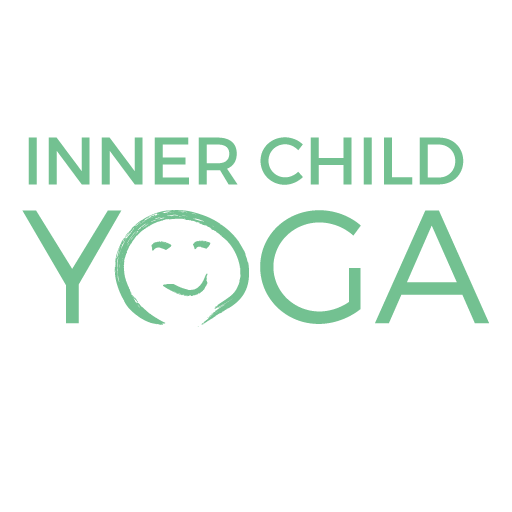A little gratitude goes a long way
We are all familiar with the idea of gratitude and teach our kids to say “thank you”. However gratitude can have a deeper longer lasting effect due to its numerous physical and psychological benefits. These include increased happiness, stronger relationships and better physical health.
In 2003 leading gratitude experts Robert Emmon and Michael McCullough conducted a study called Counting Blessings Versus Burdens: An Experimental Investigation of Gratitude and Subjective Well-Being in Daily Life which tested this idea. They found that introducing a reflection based gratitude practice into our life increased wellbeing.
Reflection based exercises are a great way for kids to process information and relate it to their existing knowledge. It is an important part of kids yoga and is practised in each class at Inner Child Yoga.
I’m a big fan of taking yoga off the mat and into everyday life and would like to share with you three quick, easy and low cost reflection based gratitude practices to do at home with your family.
1. Not just…how was your day?
This one is suitable for all ages and it is as simple as starting a conversation. Each night around the dinner table or before bed spend a few minutes talking with your child about their day; the parts they enjoyed the most, the parts that were just OK and the parts that weren’t so great. Then share your day with your child in the same way.
This exercise builds awareness of how events of the day make us feel. It helps kids understand that feelings rise and fall. When something in our day creates negative emotions they learn that it won’t last forever. Likewise for positive emotions; it teaches kids to enjoy the moment they are in.
2. Happy Jar
Kids aged between 5-8 years love to be creative. Any jar can be used for this including washed out jam jars. Ask your child to decorate it with a colourful label or some stickers. Each night ask your child to draw a picture or note down something that happened during the day that made them feel good. Ask your child why they chose that particular event and how it made them feel. Then put the note in the jar. After 30 days open the jar and read all the notes together.
Over the summer school holiday my 6 year old son and I created a Happy Jar. He loved the nightly ritual of making the note and it gave me a valuable insight into what was important to him. Reflecting on something positive at the end of day leaves your child with joyful thoughts and it’s a peaceful way to fall asleep. Looking back through the notes together after the 30 days has finished is a fun way to trigger happy memories.
3. Gratitude Journal
Older kids like to express themselves through writing or drawing. Gratitude journals are great for 9-12 year olds. Like the Happy Jar, the journal can be turned into a craft project by decorating a notepad. Before going to bed each night ask your child to spend 10 minutes writing in their journal. Ask them to think about their day, write down three things they are grateful for and why they are thankful for it.
This exercise helps kids to focus on the details of their life including things they may take for granted. It’s also a great tool to use on difficult days as it reminds them of all the good in their life. Looking back through their journal they can see that positive and negative emotions come and go. It encourages them to live in the present moment without out worrying about the past or future.
It is important to note that it’s not what they are thankful for but how they are learning to express gratitude that matters. Younger children may be grateful for their favourite toy whilst older children may focus on people, places and experiences. These exercises help kids to identify what makes them happy. With this knowledge we can encourage them to spend more time on these things.
We can help kids understand what gratitude is and how to express it authentically by modelling it ourselves. Cultivating gratitude takes time and effort. By starting gratitude practices at an early age we are providing the motivation and skills they need to lead a meaningful life.
Namaste!
